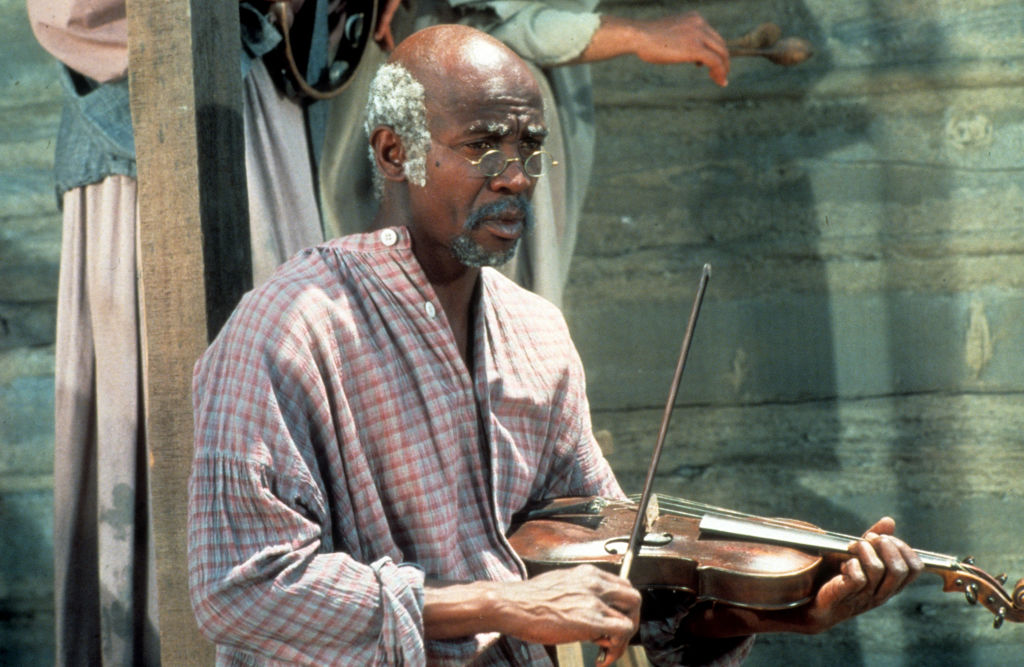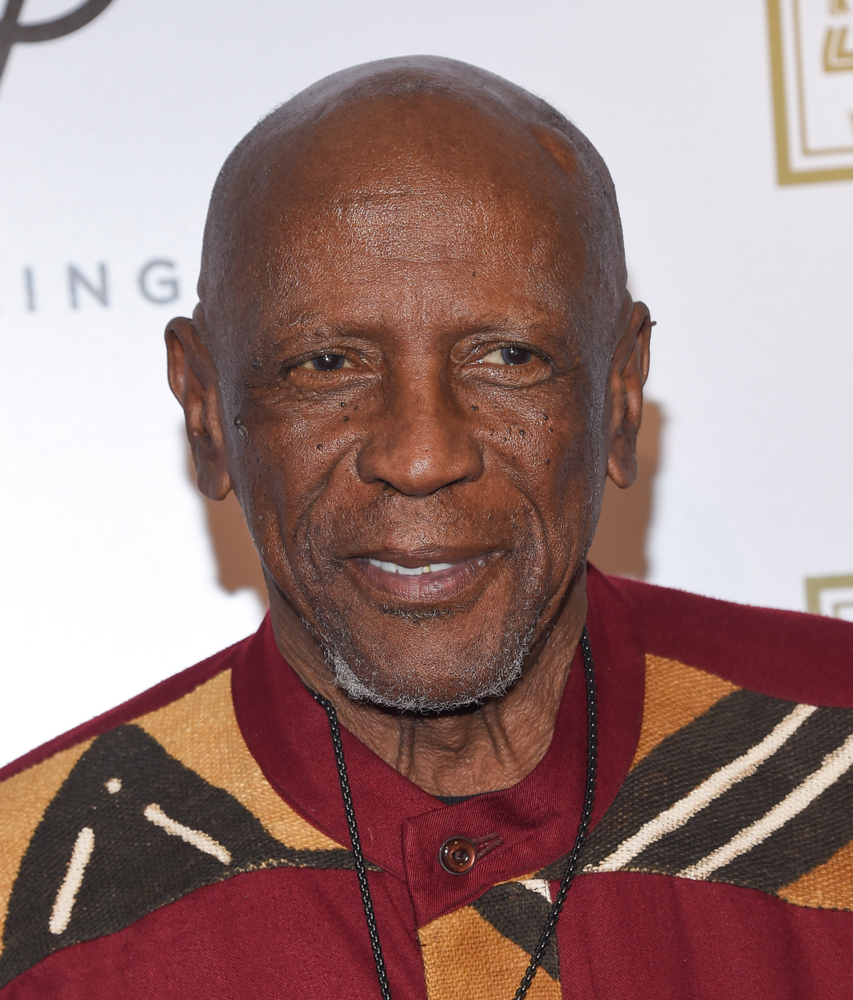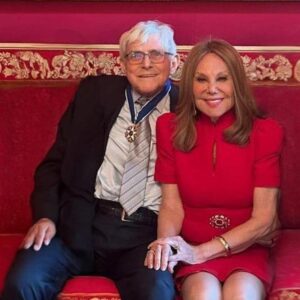
Before making his mark on television and film, Gossett began his career on stage. He was a star on Broadway, sharing the stage with luminaries like Marilyn Monroe and Sidney Poitier.
Upon his arrival in Hollywood, Gossett described being “treated like a king,” but he also faced significant racism as a newcomer. Recounting one such experience, he said the drive to his hotel should have taken 20 minutes but ended up taking four and a half hours because “the police stopped me and wanted to know who the hell I was.” He further recalled being handcuffed to a tree for three hours for simply walking in Beverly Hills after 9 pm.
Despite these hardships, Gossett carved out an illustrious career, though he believed it could have been even more remarkable if he had been a white actor. Reflecting on this, he remarked, “You look at my track record over a 55-year period of all the awards. Maybe I should be kind of closer to Clint Eastwood, don’t you think? If you think about the drugs and alcohol, then maybe I should be more like Robert Downey Jr.”

Gossett openly discussed his struggles with drug and alcohol addiction, which led him to enter rehab 20 years ago. He completed a 12-step program, which involved confronting and eliminating what he termed the “killer” for anyone: resentment. “For me, that killer was resentment,” he explained.
Gossett’s personal life included three marriages, the first of which ended in annulment, while the other two ended in divorce. He is survived by his two children, Satie and Sharron.
Louis Gossett Jr.’s legacy is one of groundbreaking achievements and resilience in the face of adversity. His contributions to the arts and his pioneering role in breaking racial barriers in Hollywood will be remembered and celebrated for years to come.




